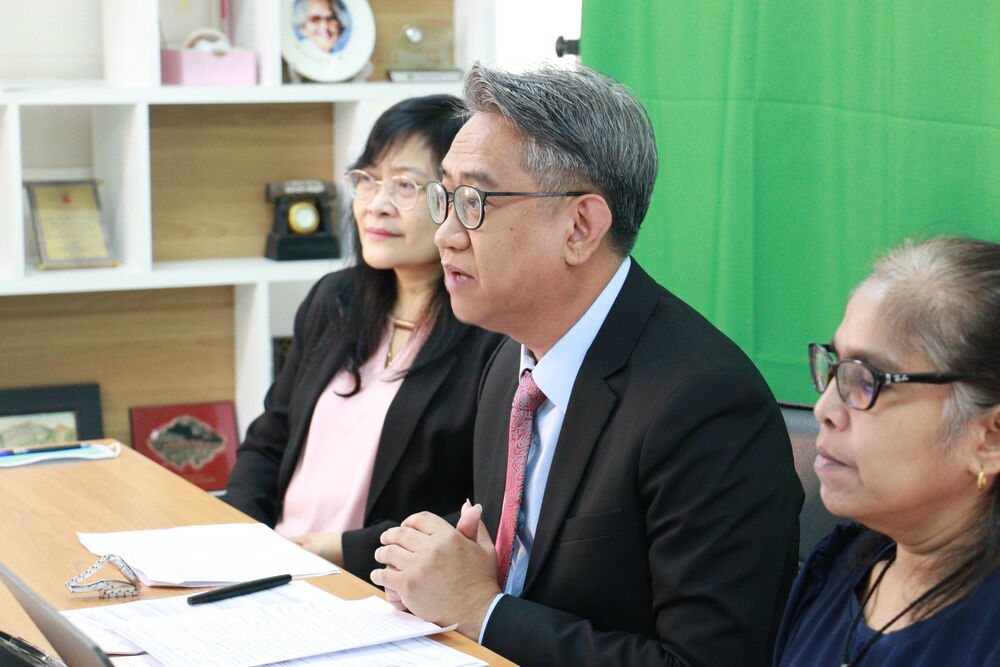Mekong Institute (MI), in cooperation with the Ministry of Health of Lao PDR and the Commercial Agricultural and Tree Planting Association, brought together over 40 representatives from the agri-food private sector, trade and food safety agencies, and international organizations to pool recommendations on ways forward to enhance the competitiveness of the agri-food industry against a COVID-19 landscape at the “Food Safety for Market Access: Bringing Lao Flavors to the World” Forum on November 10, 2020.
Held as a hybrid onsite and online event, the PROSAFE-supported activity focused on widening stakeholders’ understanding to scale-up agri-food sector export products and knowledge of non-tariff measures and compliance.
“Food safety is the foundation for food security and agri-product competitiveness,” Mr. Suriyan Vichitlekarn, MI Executive Director, said in his opening statement. He enjoined partners to continue platforms of engagement such as the forum to increase awareness and institutionalize feedbacking practices between public and private stakeholders for a sustained food safety culture in the country and region.
In addition, he underscored the importance of strengthening national food systems, processes, and facilities to help more micro-, small- and medium-sized enterprises (MSMEs) better meet local food safety standard requirements. “We must jointly find ways to broaden ownership towards food safety by making more efficient and cost-effective food safety certification and services, so many more agri-food businesses will comply with and invest in meeting food safety standards,” he said.
Forum participants also highlighted the need to broaden access to technical resources, equipment and machinery, raw materials, as well as standards and quality infrastructure, so businesses, particularly MSMEs, can better compete in foreign markets.
MI’s PROSAFE project, which aims to build capacities of food safety stakeholders in Cambodia, Lao PDR, Myanmar, and Vietnam, has been working to increase compliance of the agri-food sector of domestic and international food safety requirements and standards, particularly sanitary and phytosanitary measures to help businesses increase revenue.
Resource persons from MI, the United Nations Economic and Social Commission for Asia Pacific, Food and Drug Department of Ministry of Health, Lao National Chamber of Commerce and Industry, Department of SME Promotion, and Lao Farmer Products Company attended the forum and presented current regulatory standards and quality infrastructure support for the agri-food sector in Lao PDR.
This was the third blended online and onsite forum of MI under the PROSAFE project, with Lao participants present at the Crowne Plaza Hotel in Vientiane, while others attended via Zoom conference.








